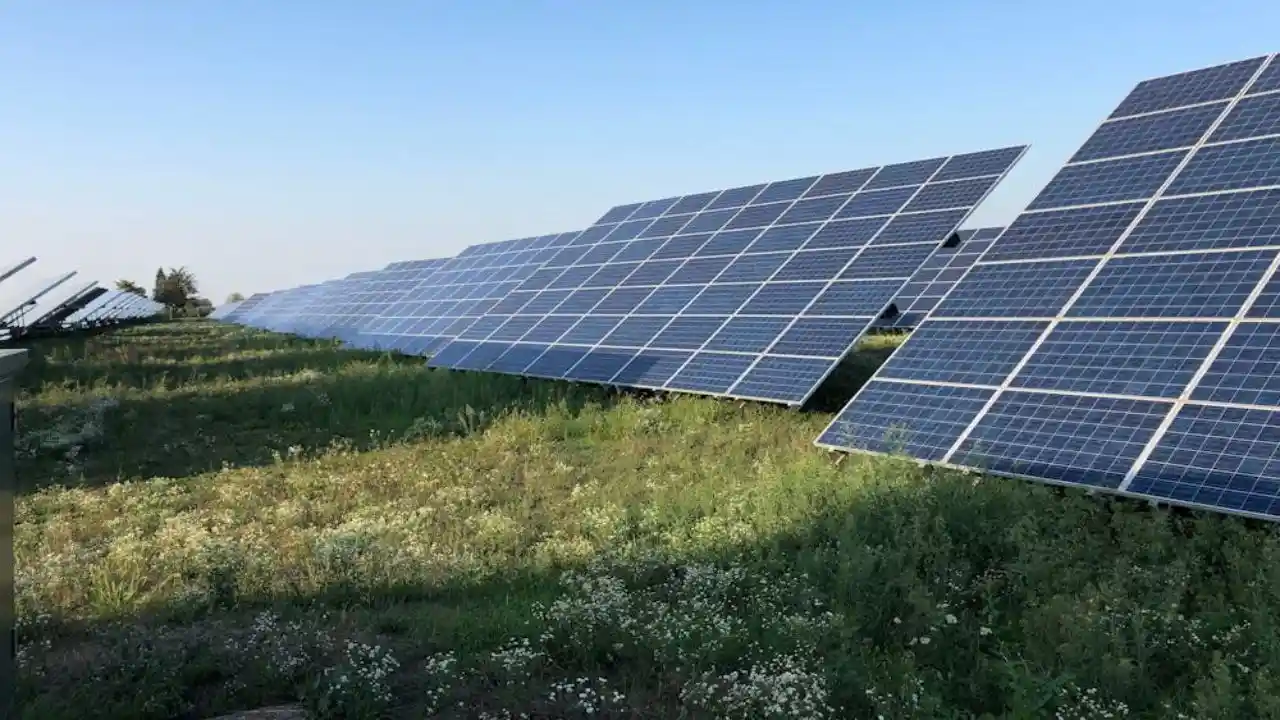
- 85% of clean energy companies say the Inflation Reduction Act (IRA) is critical to their growth.
- Eliminating the IRA will result in enormous job loss and business closure, frozen wages.
- Over 600,000 jobs are associated with clean energy projects announced under the IRA.
- The IRA is triggering billions of dollars in new wages and tax revenues, boosting local economies, with big implications for rural communities as well.
Clean energy companies across the nation are warning that repeal of the federal Inflation Reduction Act will cost them dearly, but it’s Congress that will take the loss. Just a third of 900 or so businesses responding to a recent survey believe the IRA is “somewhat essential” to their future growth and progress, with many warning of massive layoffs and closings should the law be repealed. With a new analysis showing large projects under the IRA will create hundreds of thousands of jobs and billions in economic benefits, the findings come.
Also read: Solar Project Transforms Contaminated Site in Warren County
A nationwide survey conducted by BW Research Partnership on behalf of the business group E2 and partners revealed that the IRA is to benefit the clean energy sector. The survey reveals that 85 percent of the respondents considered the IRA important to their business growth, while more than half said they would lose business and revenue if it is repealed. As many as 21 percent of the companies warned that they will have to lay off workers, and 13 percent of them reported that they will freeze wages or rescind job offers.
Perhaps most shocking, 11% reported they would have to shut down their businesses entirely and 9% would seek to move abroad, out of the U.S. These concerns ring true for rural America that have seen significant IRA-driven clean energy and electric vehicle project development.
The survey was accompanied by new economic analysis from BW Research indicating that clean energy projects initiated after the IRA’s passage have already announced more than 600,000 jobs. Those same projects are expected to support 467,000 jobs during construction alone and add $238 billion to the GDP of the United States. Once online, the projects will continue to inject $20 billion annually into the economy, collect $4 billion in annual tax revenues, and pay $12 billion in annual wages.
Clean energy projects announced since the passage of the IRA are driving economic growth in states like Michigan, Georgia, and North Carolina—all among the big winners. Rural counties are enjoying even greater benefits from renewable energy and electric vehicle investments.
Also read: U.S. Spending $430M to Upgrade Old Hydropower Plants
As positive the economic benefits are with the IRA, political pressures may soon mount to be reversed. Already, as the country inches closer to the next U.S. presidential election, some appear fearful that the IRA might even be repealed. Such sentiments are not farfetched considering the outspoken opposition from Republicans and other highly rated figures like Senator J.D. Vance. On the other hand, Democratic Vice Presidential candidate Tim Walz has never been silent about his dogged support for the IRA and clean energy, further emphasizing the divide seen.
The ripple effect of the IRA goes far beyond clean energy projects. In August, the U.S. Treasury Department reported that more than 3.4 million American families received $8.4 billion in IRA-related tax credits in 2023. This incentive has encouraged consumers to purchase clean energy technologies – from electric vehicles and home energy improvements. The families benefiting from these tax credits increased nearly one-third from 2021.
As the fight over the future of the Inflation Reduction Act heats up, the stakes are clear for clean energy companies and the economy at large: The law has created millions of jobs, grown domestic economies, and fueled innovation in industry areas that will define a sustainable future. Repeal or rollback of the IRA would imperil those gains, but job losses, business closures, and slowed clean energy transition followed. Clean energy companies hope for now that the progress made under the IRA will shape the future direction of the U.S. economy.






